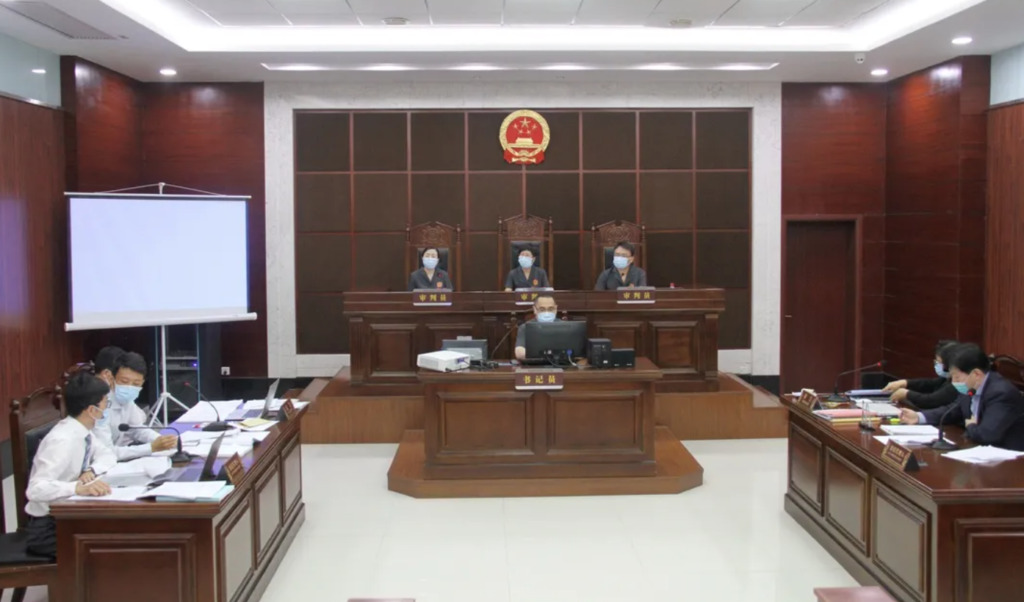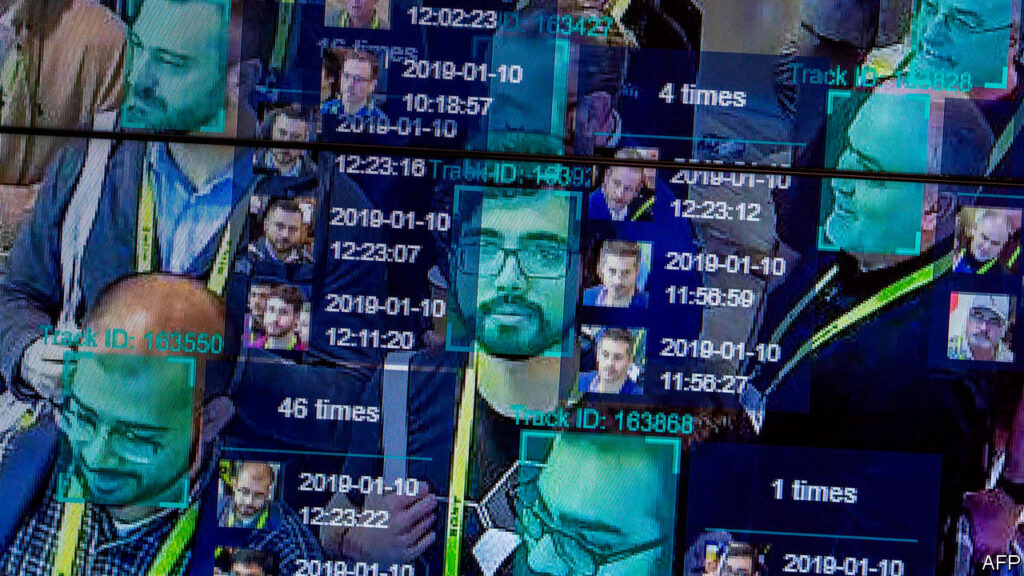Command Palette
Search for a command to run...
Beijing's New Policy: To Prevent Rental Chaos, New Public Rental Housing Will Be Equipped With a Facial Recognition System

Recently, the Beijing Municipal Housing and Urban-Rural Development Commission issued a notice requiring new public rental housing to establish a facial recognition system. Facial recognition technology has exploded in recent years, penetrating almost every aspect of life, but it has also caused more and more controversy.
On July 6, Beijing Municipal Housing and Urban-Rural Development Commission released The "Notice on Further Strengthening the Management of the Application of Facial Recognition Technology in the City's Public Rental Housing" requires that new public rental housing be equipped with facial recognition systems at the same time.

The Beijing Municipal Housing and Urban-Rural Development Commission stated that the goal of building a facial recognition system for public rental housing in Beijing is to use facial recognition technology to collect, integrate, analyze, and use information on people and houses in public rental housing project areas to meet service and management needs.
Face recognition for public rental housing: to ensure compliance
In fact, as early as January last year, the Beijing Municipal Housing and Urban-Rural Development Commission planned to install facial recognition systems in all public rental housing projects to prevent subletting, etc. Since July last year, facial recognition systems have been gradually used in many public rental housing communities in Beijing, involving more than 100,000 residents.

However, the public rental housing community was previously renovated and a facial recognition system was installed, which was integrated with the previous access control system.
As for newly built public rental housing, the notice clearly requires that the public rental housing project development and construction unit, as the primary responsible entity for the construction and installation of the facial recognition system,Responsible for incorporating the facial recognition system into the overall planning and design of the project, and arranging and putting it into use simultaneously with the engineering project.
The operating and management unit should intervene in advance, combine its own actual needs, and work with the development and construction unit to refer to the guidelines to carry out the construction and installation of the facial recognition system.
In the official Beijing Public Rental Housing Facial Recognition Technology Guidelines (Trial)It also points out that the public rental housing project facial recognition system should follow the principles of legality, legitimacy and necessity when collecting and using personal facial information.In accordance with the provisions of the "Cybersecurity Law of the People's Republic of China", the purpose, method and scope of collecting and using facial information must be clearly stated and obtained with the consent of the person being collected in order to protect the legitimate rights and interests of citizens, legal persons and other organizations.
In this regard, some people said that the phenomenon of subletting and lending public rental housing is serious and should indeed be regulated; but there are also public rental housing users who complained that they felt their privacy was violated.

The first facial recognition case in Hangzhou has been heard, but the verdict has not yet been announced
Last November, the first facial recognition case in China pushed facial recognition technology to the center of public opinion.
Guo Bing, who was handling the zoo's annual pass at the time, was dissatisfied with Hangzhou Wildlife World's requirement to use facial recognition to enter the park, so he took it to court (seeHangzhou court officially accepts the first Chinese facial recognition case).
On June 15 this year, the case was heard in the Fuyang District People's Court of Hangzhou.

The plaintiff Guo Bing believes thatPersonal biometric information such as facial features is sensitive personal information. Once leaked, illegally provided or abused, it will easily endanger the personal and property safety of consumers including the plaintiff.
He said that requesting to change the method of admission to the park based on just a text message notification was a "unilateral change" according to the contract.
The trial scene,The focus of the debate between the two sides was on whether the collected biometric information such as faces complies with the requirements of laws and regulations; whether sufficient disclosure was made and whether user consent was obtained.
The defendant park also raised a defense, saying that the park retained biometric information only for the purpose of providing entry verification for annual pass customers.Every upgrade of the park is based on optimizing the annual card customer service experience.
After more than 4 hours of trial, no verdict was made in court. The court announced that the verdict will be announced at a later date.
As technology develops, the law must keep pace
Compared with China, foreign countries are more sensitive to the privacy violations caused by facial recognition.
Last May, the San Francisco City Supervisory Committee voted to introduce the world's first ordinance banning facial recognition:Prohibit government agencies (such as police departments, sheriff's offices, traffic control departments, etc.) from purchasing and using facial recognition technology,It became the first city in the United States to ban facial recognition.

Afterwards, Somerville in Massachusetts and Oakland in California also banned facial recognition technology, becoming the second and third cities in the United States to ban the technology respectively.
After the Floyd incident this year, under the pressure of political correctness,IBM, Amazon, and Microsoft have also announced their intention to withdraw from the facial recognition business or suspend cooperation with the police.("Among the companies that refuse to provide facial recognition to the police, only Amazon is serious").
But in China, it was only in the first facial recognition case in Hangzhou that objection to the collection of facial information was raised for the first time.
Faced with the choice of privacy and convenience, more people ignore privacy protection in order to enjoy the convenience, which may give criminals opportunities to take advantage.
However, it is gratifying that the Civil Code, which was voted and passed at the third session of the 13th National People's Congress this year,A special chapter stipulates "privacy rights and personal information protection", and specifically includes biometric information in the scope of personal information protection.
In the future, as the law improves, technology, this double-edged sword, will eventually play its "positive" role better.
-- over--